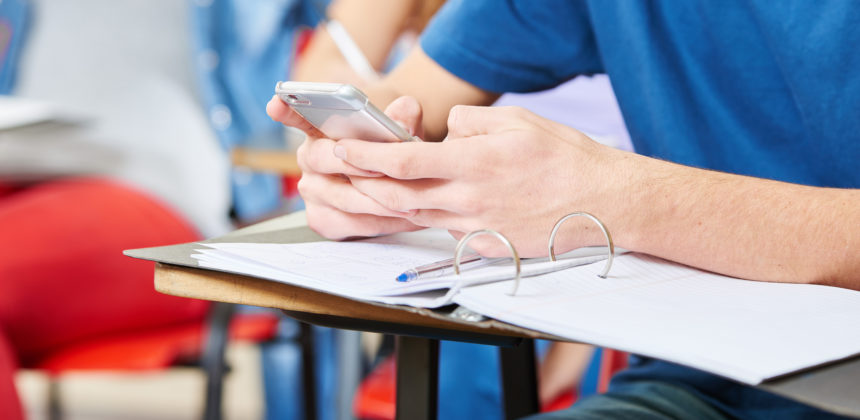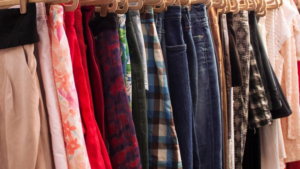Why I’m Giving Up Social Media For A Month

Phones distract during study time. Courtesy of oxfordlearning.com

By Noelia Veras
After being in my “Psychology and the Media” class for two months and hearing frightening statistics about the media, I decided to give up social media for the month of October. I had been thinking about it for a long time, but being in this class pushed me to consider the implications social media has on grades, mental stability and overall wellbeing. Studying these implications helped me to actually follow through and temporarily delete Instagram, Twitter, Facebook, and Snapchat.
I have always had a bad habit of multi-tasking, which up until this class I didn’t actually consider a bad habit. Multi-tasking, I learned, is extremely ineffective and usually means all the tasks that are being done simultaneously will have poorer results than they would normally have if they were being done individually and without distraction.
Coming to college, I realized that my habit of scrolling through Instagram in between tasks was greatly hindering my ability to focus on one thing at a time. Often I find myself watching a Facebook video while reading philosophy, and then complaining about not understanding the readings. The beginning of college was a huge adjustment mainly because of my obsessive behavior regarding social media, so I ended up following through with this sacrifice mainly for the sake of my grades and sanity.
Later on, a huge contributing factor to my sacrifice was the fear factor involved. In my psychology class, I learned that social media is greatly connected to rates of depression in children and teenagers. The overwhelming and intense statistics I saw only pushed me to want to give up social media even more.
Discussions in class and out of class opened my eyes to the fact that the mentality people have on social media is not a natural one in the slightest, especially mine. The idea of presenting myself as perfectly happy and put together has always been enticing for me. If you asked me before this class what my favorite form of social media was I would have said Instagram, because my life seemed so perfect and carefree in my feed. My obsession with my feed was rampant and in hindsight I realized it even surged feelings of inadequacy and jealousy, seeing other peoples more cohesive and ethereal looking feeds.
On all of my social media platforms, I felt an intense pressure to please people and post only what others would want to see. The feeling of surpassing the likes of my previous post was unparalleled, and the feeling of disappointment when my picture would get less likes than usual was, in a sense, crippling. I had no idea how enthralled I was with validation from others, mainly from people I hardly even knew.
Shockingly, my relationships with my friends and family have actually gotten a lot stronger. Rather than seeing my siblings and friends faces on snapchat once a day, I have started to call them more often and have actual conversations with them.
Since giving up social media there are stark differences in my day to day life. Ten days into this challenge, and I have already seen changes in my productivity and the amount of sleep I get at night. Doing homework takes significantly less time than it used to and gives me more time to sleep at night. Additionally, I have noticed that I am going to sleep earlier, not wasting obscene amounts of time liking posts and retweeting memes before bed. My confidence is inexplicably high, and I find I don’t want validation from others only myself. Ultimately, this has not been the easiest thing to do but it has been extremely rewarding, and I am finding more reasons to stop participating in social media altogether than to keep it.








